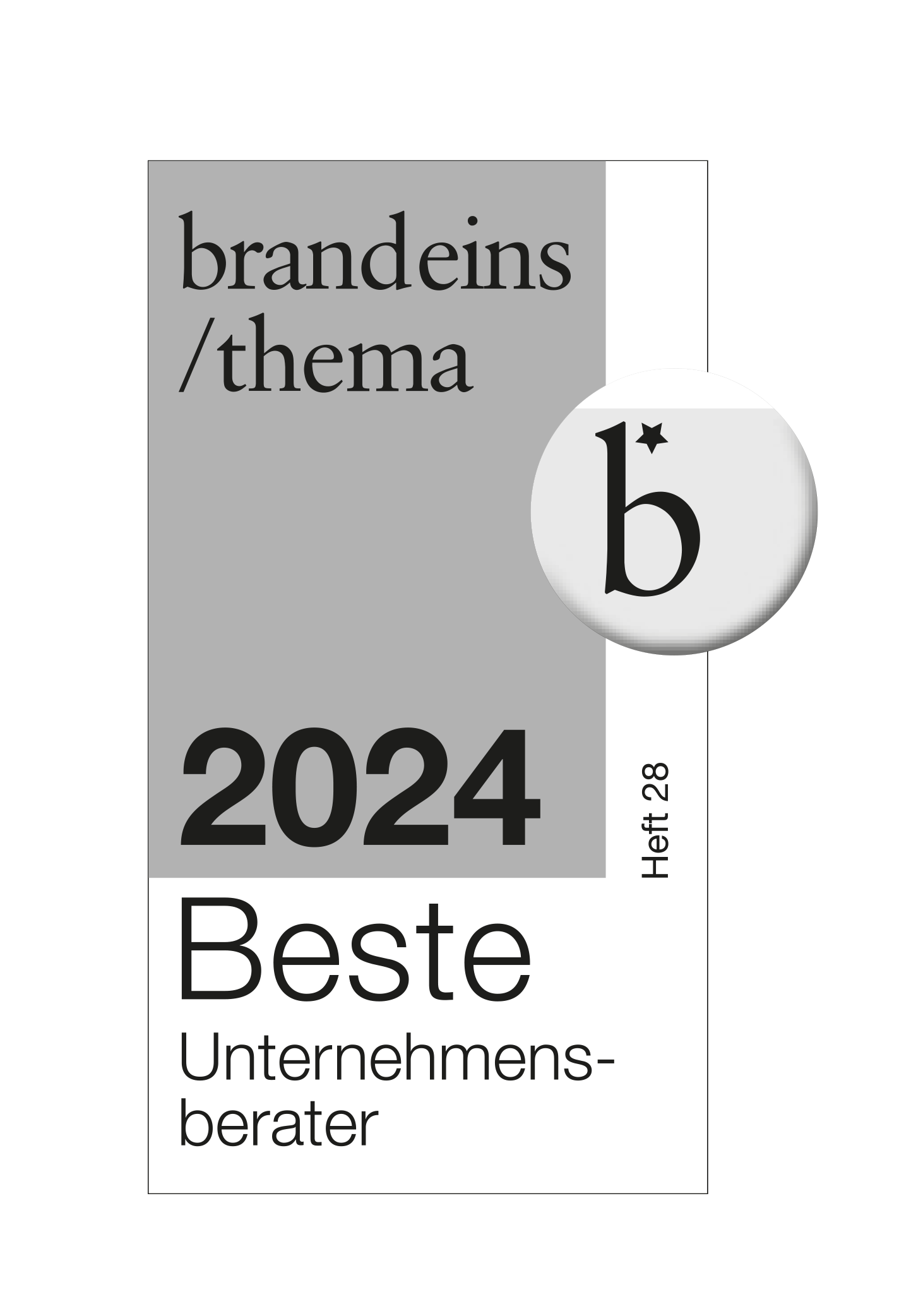Decarbonization is becoming a mega trend. There is no denying that climate change is accelerating and the world has a responsibility to take countermeasures. This new social consensus is causing a significant shift in priorities and increasing the pressure to act. Partner companies and end customers are demanding transparency with regard to environmental sustainability and are making their purchasing and investment decisions dependent on this. Added to this are demanding legal requirements: Due to sanctions for poor sustainability criteria and increasing CO2 prices, companies are confronted with financial risks. The economy is faced with a fundamental transformation task to minimize CO2 emissions in the value added process.
Active climate protection today is crucial to the success of companies. Not only business models and supply chains have to be changed to reduce emissions. Decarbonization as part of climate protection is a far-reaching transformation process that also has significant impact on the roles, self-image and culture of a company. To ensure that reducing emissions does not become a cost factor, but in the best case reduces costs, smart technologies can be used that provide comprehensive traceability.
Therefore, professionally prepared eco-balances are becoming increasingly important. Environmental indicators must be transparent and verifiable. Where are CO2 emissions generated? What are the biggest emission drivers? Only emission transparency along the entire added value chain establishes credible accountability.
When companies actively address the topic, decarbonization can become a strategic competitive advantage. Also because companies can currently use European and German Federal projects to fund these projects and thus to reduce the investment risks.
So far, the topic of decarbonization has been addressed reactively rather than strategically. CSR departments often had no access to the actual value added chains. A clear strategy to reduce emissions and controlling mechanisms to measure successes are lacking in many places.
“Decarbonization no longer works today without digitalized processes. Now is the right time to use the potential of digitalization to reduce emissions."
Alexander Littwin, co-responsible for company consulting on energy and decarbonization in the msg group
Currently, companies hardly know where to find the largest emission factors and optimization opportunities. The necessary information is usually available but not in a consolidated form. There are insufficient processes to work with the data. Transportation companies, for example, have the information about the amount of CO2 that a vehicle emits. However, the data is only seldom connected with other data. There is a lack of extrapolations and approaches to improvement. Decarbonization is not an industry-specific issue Every sector is affected in its own way. Therefore, decarbonization is also deeply rooted in general process optimization. Be it in the electrification of vehicle fleets, in credit checks linked to sustainability criteria, or in complex supply chains with multiple sub-suppliers.
The same is true across the board: Decarbonization no longer works today without digitalizing processes. The masses of data collected can only be meaningfully combined and analyzed with professional IT expertise.
At msg, we work with our customers to develop decarbonization measures and implement software tools to easily analyze CO2 emissions on a system-supported basis. Equally important to us is the sustainability of what we do. We improve existing processes by networking the competences of our group and developing sustainability strategies and corresponding reports that are required by the regulator.



